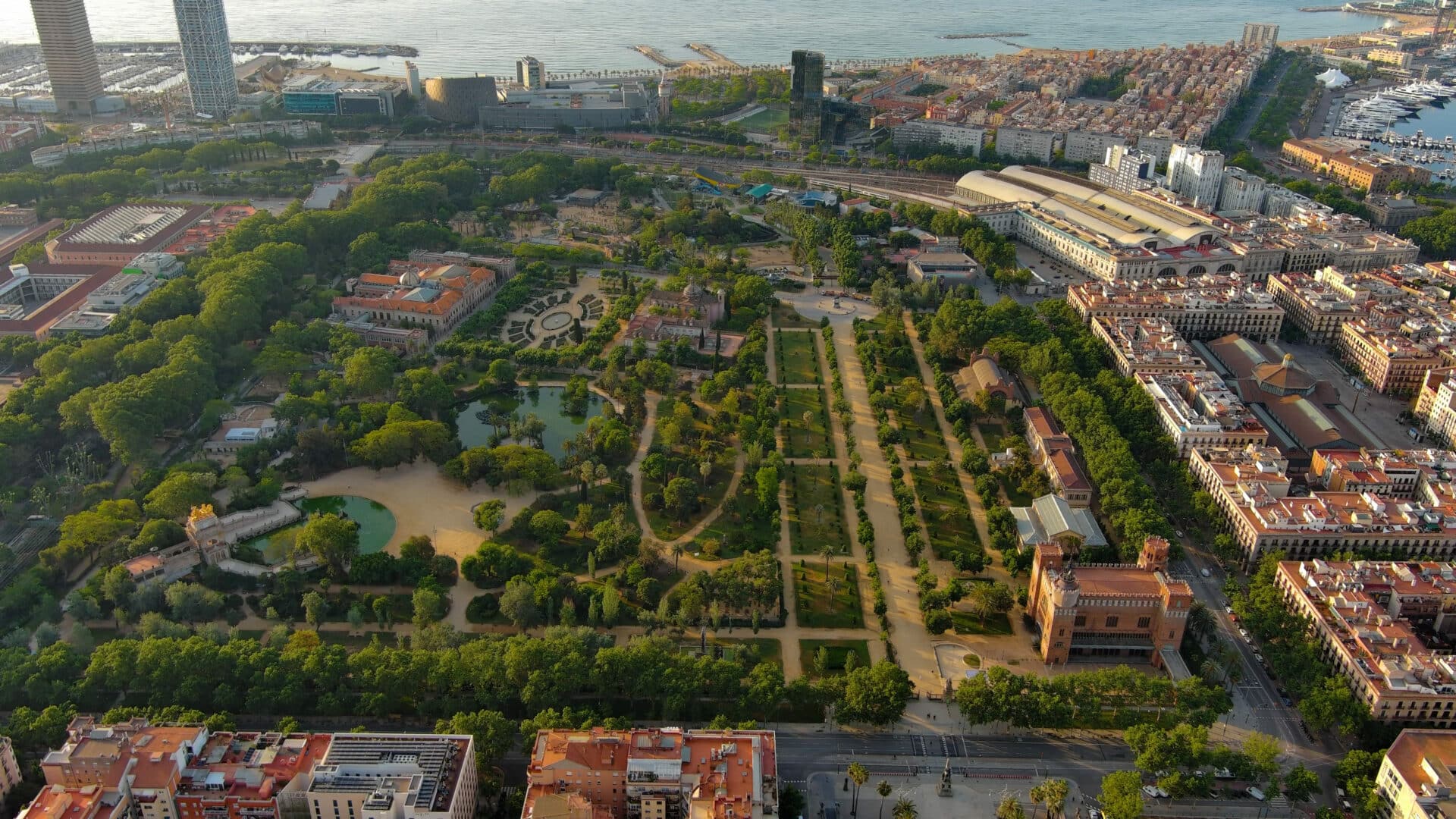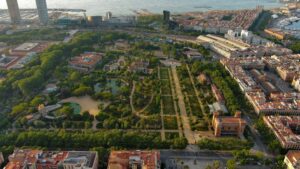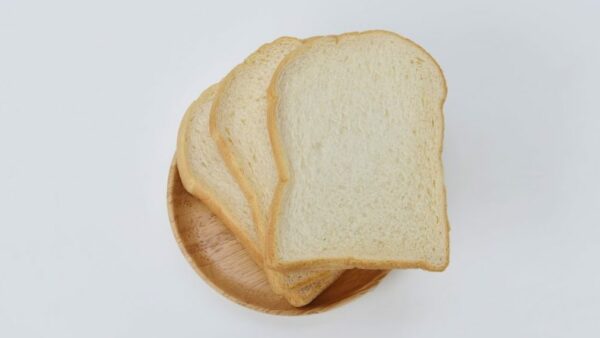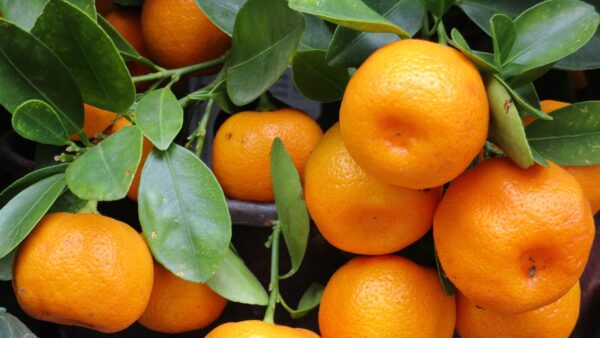In June 2022, the European Commission (EC) published their proposal for the regulation on the sustainable use of plant protection products (SUR).
Amongst other changes, the proposal foresees the prohibition of all plant protection products in all sensitive areas and within 10 feet of such areas.
Soon after the publication of the proposal, stakeholders and Member States expressed their first reactions about the impact this proposal, if implemented, would be expected to have in agricultural production.
The seed sector contributes significantly to sustainable agriculture and specifically to sustainable use of plant protection products in three key ways. A) New and more resistant varieties mean less plant protection products are necessary. B) Seed treatment allows the sector to target use of plant protection products, reducing environmental exposure. C) The seed sector provides quality assurance with the well-established European Seed Treatment Scheme (ESTA).
Additionally, the seed sector reinforces the implementation of Integrated Pest Management (IPM) through the marketing of treated seeds. IPM considers all available means that discourage the development of populations of harmful organisms, while keeping the use of chemical plant protection products to levels that are economically and ecologically justified and minimise risks to human health and the environment. The use of treated seeds can be considered well-compatible with the principles of IPM, as very often plants in early growth stages are affected by soil-dwelling pests and diseases which cannot be observed or captured by early diagnosis. Visible symptoms indicate a stage at which no other measure can satisfy crop needs.
The use of treated seeds can also be considered a precision farming technique of plant protection products. Being a targeted, onetime application on seed, seed treatment effectively reduces the proportion of soil that comes into direct contact with the active ingredient(s). Additionally, seed treatment limits the potential exposure for operators, bystanders and non-target species.
Severe Impact for Seed Sector
Nevertheless, the seed sector is expected to be severely impacted by this SUR proposal, since a significant amount of seed production in the EU, as well as plant breeding activities, occurs in sensitive areas. To produce clean and healthy seeds and plant breeding, farmers need access to plant protection products that have a high level of pest/ disease control.
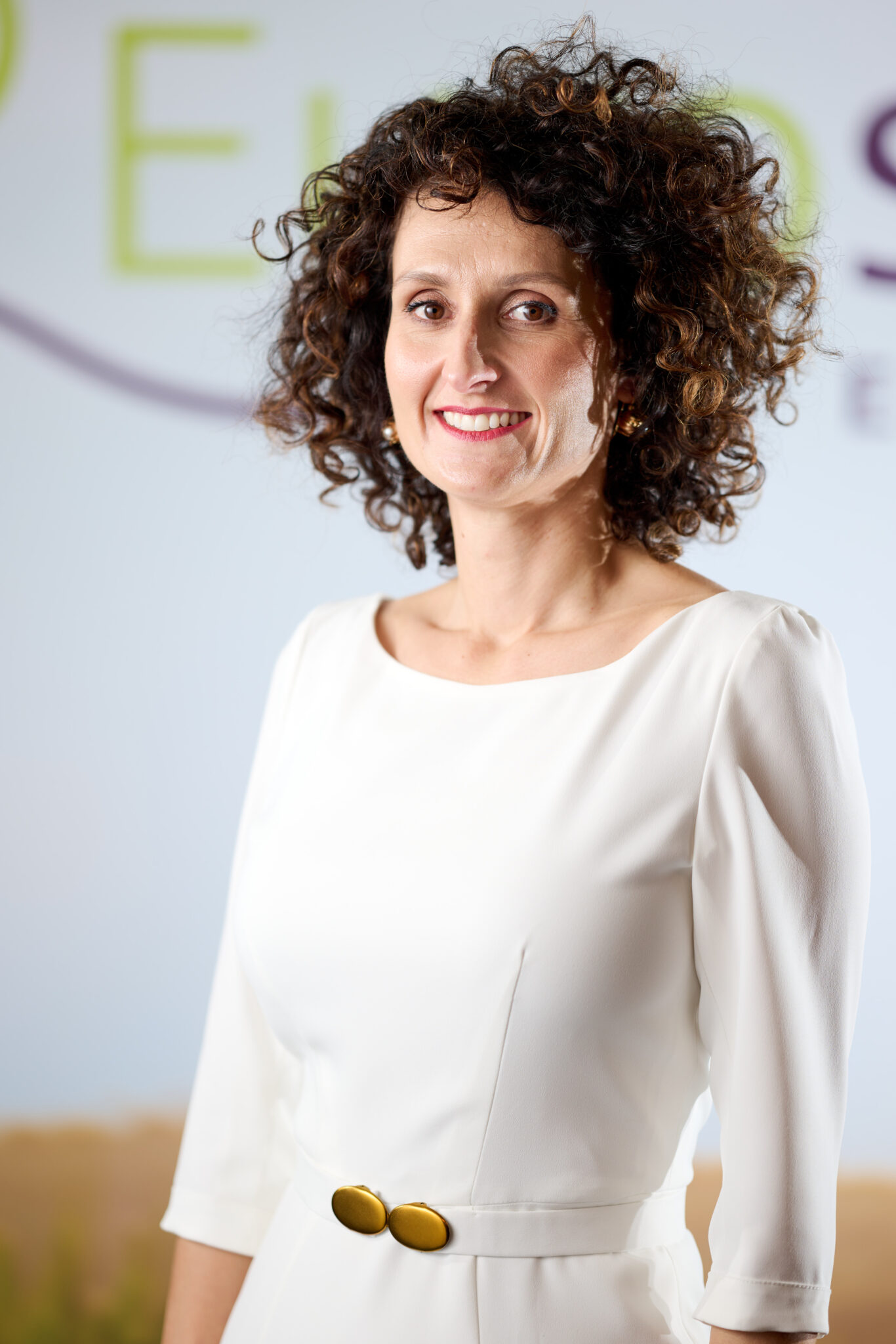
Seed breeders and seed companies choose production areas for a number of factors important for breeding and seed production, incuding a specific and unique combination of soil and climatic conditions, isolation from other producers, as well as geographic properties such as access to water. The soil must be fertile, and the climate representative of the environment in the targeted farming area. The unique combination of these factors is not easily found and often not found at all elsewhere.
Additionally, seed production areas are often located around seed companies’ sites — i.e., breeding stations, research centers, seed production sites, etc. — which cannot be moved in a short timeframe and not without severe economic consequences for companies and related jobs. Seed companies have been established in those areas historically and in association with specialized, technically qualified multiplier farmers.
Sensitive Areas
One may ask why breeders’ activities, such as breeding nurseries, stations, seed multiplication, etc., are often located in sensitive areas? As more and more areas are being considered sensitive areas, seed companies and breeding sites are often already located in sensitive areas, not because they were moved there intentionally but because they have been in those places for years before the areas were deemed sensitive.
In fact, sensitive areas often naturally match ideal seed-breeding and seed-production areas.. It is necessary then to keep operating within these areas in order to keep the capacity of breeding and seed production.
Especially for seed production and breeding nurseries, distance criteria need to be considered in order to avoid mixing and/or purity contamination of seed lots by unwanted cross-pollination of plant varieties or breeding lines. In some areas, there is high grade seed production and it is not possible to find new areas with sufficient distance to existing seed production lots. For example, for spinach seed production in Denmark, no new, sufficiently isolated areas for production are available to be found.
Seed companies perform strict external field inspections to get phytosanitary certificates. Consequently, they need to make sure there is no failure in terms of seed health. Therefore, control of diseases is necessary, and the use of pesticides must be possible when needed.
Regulation also often requires seed production areas to be free from pests and diseases and commercial seed to be free from weed seeds. For example, seed potato production is mainly confined to windy coastal areas of Europe, and such areas are now considered sensitive areas. In these areas, there is low aphid pressure and therefore less chance of virus transmission. Consequently, there is a higher chance to produce healthy starter material. In addition, variety testing locations are selected to be as representative as possible compared to farmers’ activities. These locations need be in same areas, as otherwise breeders cannot meet their customers’ and consumers’ needs.
Let’s Talk Percentages!
A considerable percentage of agricultural land — which is considered sensitive areas — is used for seed production, plant breeding and variety testing. As shown in the examples below, plant breeding and seed production take place in small but strategic locations. Seeds are the starting point of the whole agricultural chain and secure food production. Breeding activities enable the development of better adjusted varieties that potentially require fewer inputs, for example: through improved pathogen resistance. Furthermore, to provide the highest quality and healthiest seeds to the farmer, pre-basic seed must be protected against infection by diseases transmitted through seeds. Consequently, innovative plant breeding and professional seed production can significantly reduce the amount of plant protection products to be applied during agricultural production.
The examples below are indicative of the impact of the restrictions in France and Germany.
In France, around eight acres of seed production are located in sensitive areas. This translates to 85% of French seed production areas, yet only 1.5% of the total sensitive area.
In Germany, on average, approximately 36% of all breeding nursery area in the country will be affected. The affected breeding nursery area that would need an exemption from a plant protection product ban would translate to 0.3% of the total agronomic area of Germany.
- Some 222,000 acres of seed production/multiplication area would be affected in Germany and would need an exemption from the plant protection products (PPP) ban. This translates to 0.8% of the agronomic area in Germany.
- In total, breeding nurseries and seed production/multiplication would need an exemption on only 1.1% of the total agronomic area in Germany. Use of PPPs on these areas will effectively enable a reduction in the need for PPP on the remaining 98.9% of the agronomic area in Germany through breeding progress.
Additionally, the impact on seed production and plant breeding in the different crops is expected to be the following throughout different EU Member States:
- Seed potato production will be impacted up to 60% in different Member States.
- Vegetable seed production is expected to be impacted heavily, meaning between 40-90% in some cases.
- Cereal seed production is expected to be impacted up to 40%in some cases.
- Maize seed production and plant breeding are expected to be impacted up to almost 50%in different EU Member States.
Forced closure of seed stations
If the EC proposal on sensitive areas is adopted, a number of breeding stations will be forced to terminate their breeding activities, while others will need to move their breeding work outside the EU, which will severely impact the quality of varieties and genetics developed for the EU market.
Additionally, seed production is expected to be moved outside the EU. This will have a strong economic impact for the European seed business and a negative impact on the businesses of the smallholder farmers and agricultural production partners, including fewer choices of varieties and possibly an impact on seed availability.
Following the reactions of Member States and stakeholders, the European Commission published a non-paper (a session document issued informally to facilitate negotiations) on the definition and scope of provisions on sensitive areas in the SUR proposal. The non-paper foresees the use of biocontrol, low-risk, and other approved substances, as well as plant protection products allowed in organic agriculture, while disallowing the use of emergency authorisations of pesticides containing non-approved substances or the use of more hazardous pesticides that are not used in organic agriculture. Though the EC is optimistic about the success of this amended proposal as presented in the non-paper, it will still have a severe impact on the seed sector. The plant protection products that are being used for breeding and seed multiplication purposes are based on products of biological origin, conventional chemistry, and candidates for substitution. These products cannot easily be replaced for many reasons, including the long registration process of new products.
Exemption Needed
Breeding activities and seed production take place in a very small proportion of agricultural area. Progress in breeding can contribute to the European Commission’s Green Deal and Farm-to-Fork objectives for pesticide reduction, including through new varieties that require less PPP due to increased resistance to pests and pathogens. However, breeding will need to have a dedicated exemption for PPP use to achieve this. An exemption would only be necessary for a very small percentage of agricultural land/sensitive areas but would have a major impact on breeders’ ability to continue to meet the needs of the industry.
Editor’s Note: Amalia Kafka is Technical Manager Sustainable Seed Technologies at Euroseeds


